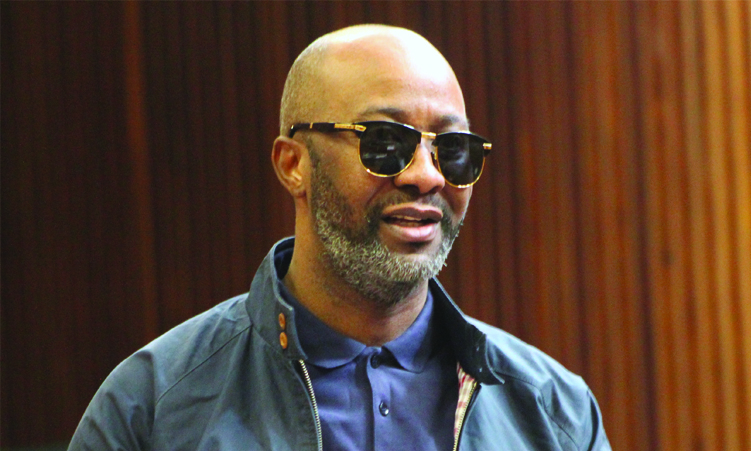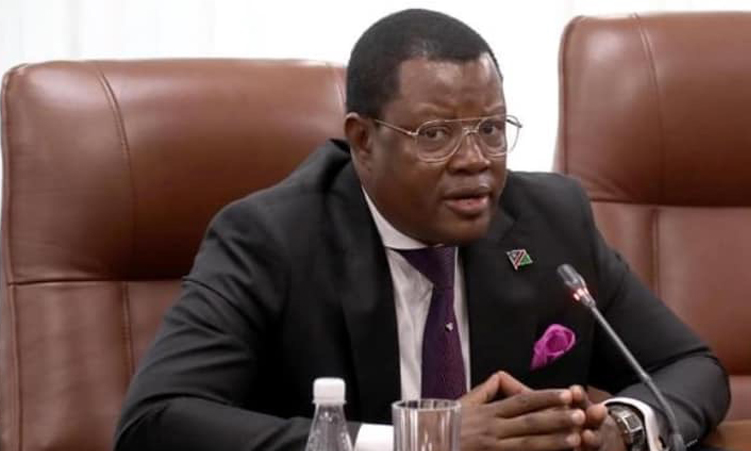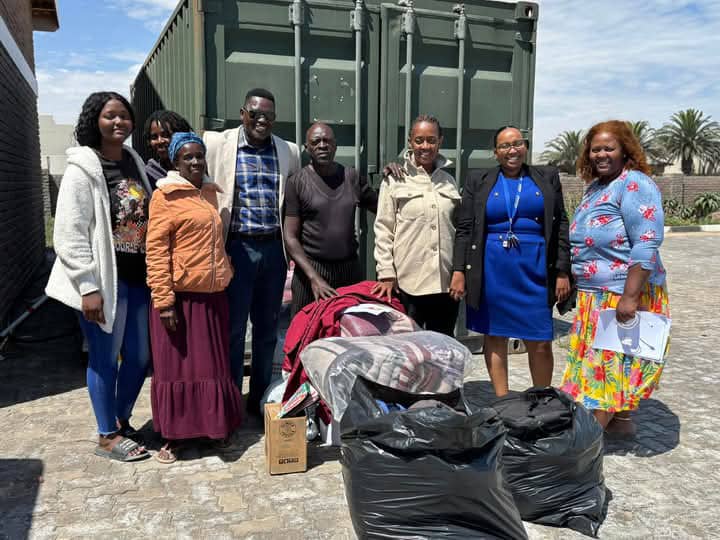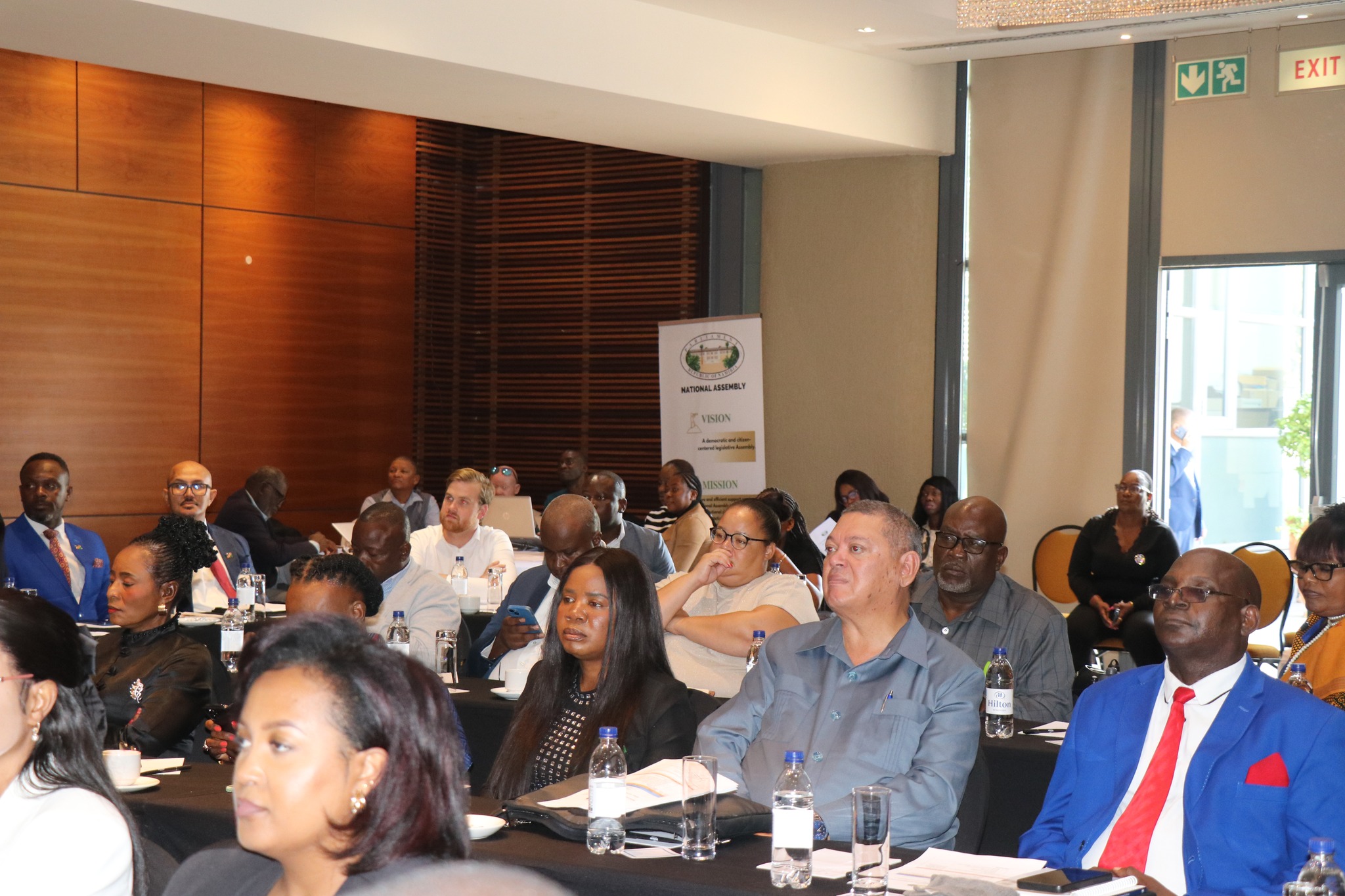The state has evidence contradicting claims by one of the key figures in the Fishrot fraud, corruption and racketeering case, Tamson ‘Fitty’ Hatuikulipi, that he was not involved with a company alleged to have played a central role in the unlawful acquisition of Namibian fishing quotas.
Hatuikulipi denied during his latest bail hearing in the Windhoek High Court that he was involved with the company Namgomar Pesca Namibia or Namgomar Pesca SA, but the evidence shows otherwise, judge David Munsu said when he dismissed Hatuikulipi’s latest application to be granted bail yesterday.
Munsu remarked: “Firstly, not one, but several emails concerning the millions of dollars [Hatuikulipi] was paid state that he was being paid for Namgomar. His response to this was that he does not know why the payments were reflected as Namgomar.”
Munsu also noted there is evidence showing that Hatuikulipi attended meetings where Namgomar was the topic of discussion, including a meeting in Iceland in November 2013, and that he was kept informed in email communication about happenings around the company.
On a second part of the Fishrot case involving the state-owned National Fishing Corporation of Namibia (Fishcor), Munsu noted it was not disputed that Hatuikulipi received payments of millions of Namibia dollars from tainted sources connected to Fishcor.
Hatuikulipi said the funds he received were repayments of loans he had advanced to former Fishcor board chairperson James Hatuikulipi, who is now one of his co-accused in the Fishcor case, and also payments for lorries that were hired from him, Munsu recounted.
He commented: “Even if this is to be accepted, it is common cause that several millions of dollars remain unaccounted for.”
Munsu dismissed Hatuikulipi’s application to be granted bail after finding that documents on which Hatuikulipi relied to claim he had new facts on which his bail application was based did not offer a new perspective on the matter.
Munsu remarked in his judgement: “It is in the interest of [Hatuikulipi] that the matter proceeds to trial, the platform where he will meet his accusers and will have an opportunity to discredit their versions.”
Hatuikulipi (43) has been held in custody for five years, after being arrested on 27 November 2019 in connection with allegations that he and other accused in the Fishrot case had been involved in an illegal scheme to secure Namibian fishing quotas that were supposed to be allocated for “governmental objectives”.
Those quotas were allocated to Namgomar Pesca Namibia and Fishcor, and then sold to the Icelandic fishing company group Samherji.
The state is alleging that as a result of his involvement in alleged fraud and corruption with the allocation of the Namibian fishing quotas to which Samherji companies got access, Hatuikulipi derived nett financial benefits totalling about N$17 million through payments made into his personal bank accounts.
It is further alleged that he received additional financial benefits totalling about N$40.6 million through payments made to businesses and corporate entities controlled by him.
According to Hatuikulipi, Samherji companies paid him for work he did in terms of a consultancy service agreement with Samherji, to link it to Namibian fishing rights holders so that Samherji could get access to Namibian fishing quotas.
Hatuikulipi and his father-in-law, former minister of fisheries and marine resources Bernhard Esau, who is also an accused in the Fishrot case, first applied to be granted bail in the Windhoek Magistrate’s Court in July 2020. That application was not successful.
Munsu heard a second bail application by Hatuikulipi in the High Court from July 2022. That application was dismissed in December 2022.
Hatuikulipi’s second bail application before Munsu started in May this year.
Hatuikulipi was represented by defence lawyer Mbanga Siyomunji.
Deputy prosecutors general Hesekiel Iipinge and Ed Marondedze represented the state.
Stay informed with The Namibian – your source for credible journalism. Get in-depth reporting and opinions for
only N$85 a month. Invest in journalism, invest in democracy –
Subscribe Now!










